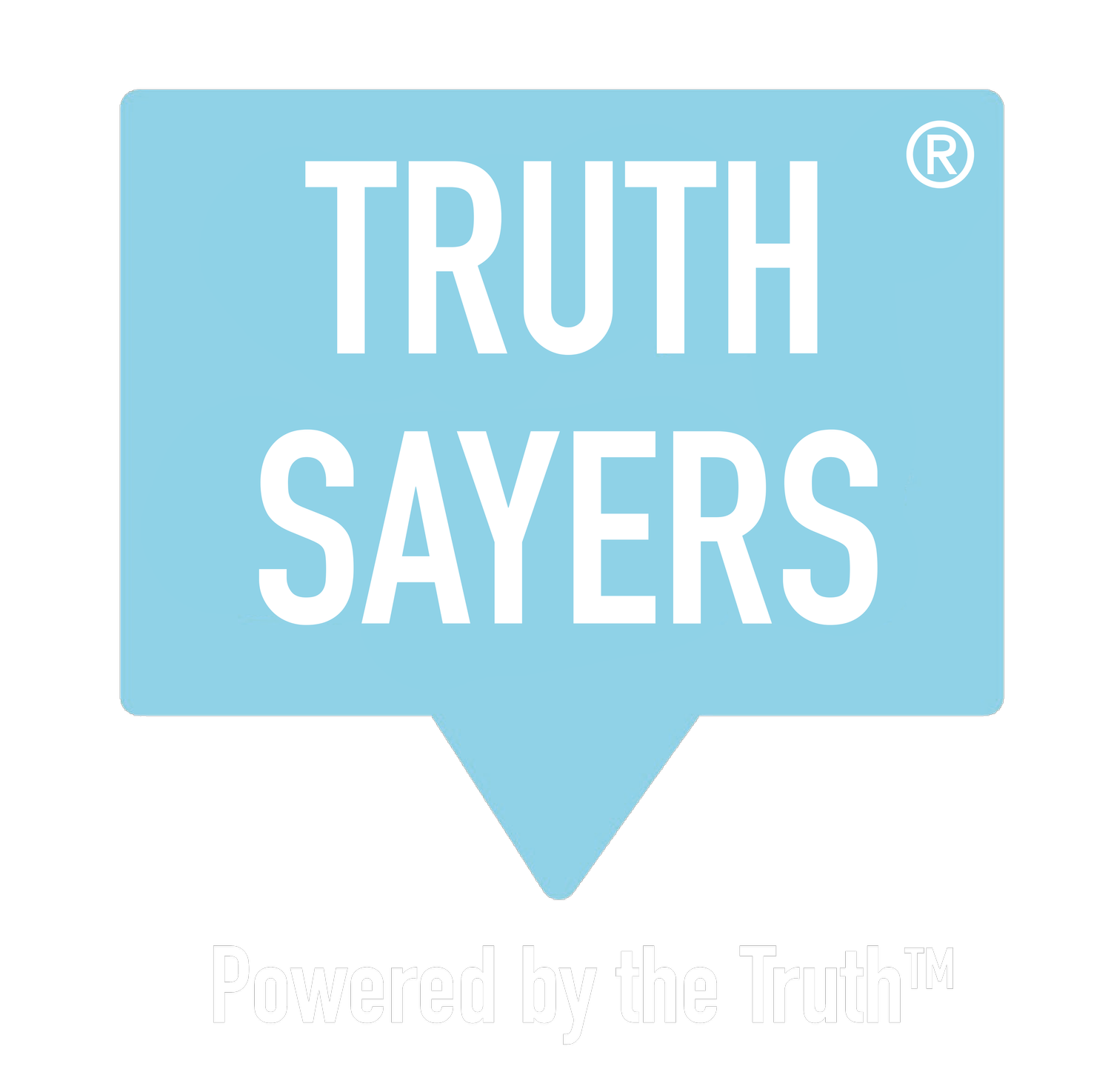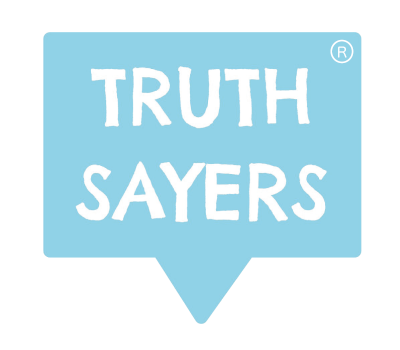Getting to the Truth
New Methods being used in Business to Gather Data
“We see a whole lot of issues with the data that we’ve been using to base really crucial decisions upon... Neurotech®, and the data that that then gives us ... it’s the real truth behind the reality”
Jeff Fox, Principal at Aon, joins Simon Stapleton on the Neurocast™️ to talk about the problems with people data. He recognises that relying on traditional metrics alone is costing organisations a lot of money but not providing the results they need. It’s time for business to start investing in behavioural science.
Transcript
Simon Stapleton:
Hi, Jeff, how is behavioural science being used in your business and business in general? And really what's behind that?
Jeff Fox:
Really good question. It's probably quite recent for us at AON. It's been a development that's come in over the last sort of year or two. Now, clearly, behavioural science isn't new, it's established, it's been out there in the consumer space for quite some time. But we've seen a real uptake in demand from our clients to want to explore how to use the concepts that sit within it more for their businesses, to use it to understand more about how they can make their benefits more efficient, and really optimise the employee experience. So it’s been a really recent development for us in the workplace, and it seeped into the workplace, and clients being proactive is bringing it to our attention. So we've really had to sort of respond to that need, and get a head of it and start to think about how we can operationalise behavioural science in the workplace. We've really been locked into a very traditional way of obtaining these sorts of metrics. So essentially, we've been asking people to comment on how they think about how they feel. I think that's a real contradiction in terms. The minute that happens, we see a whole host of issues with the data that we've then been using, to then base really crucial decisions upon, which can cost organisations lots of money and that's misdirected spend.
SS: It wasn't that long ago when behavioural science and those kind of topics were really, for people in white coats and with clipboards? But I think the business was sceptical of those kinds of methods when it when applying it to enterprises, but it feels, particularly over the last 10 years things have changed and, actually, leaders are more braver or courageous in looking at these methods.
JF: Yes, definitely, I think there's a greater need for data. There's a greater need for analytics, when it comes to people. And increasingly at the C suite level, there's a demand for metrics that show a demonstrable return on investment. And so, what's always been really hard, in this space that I operate, is just to show those metrics; to bring that to the table and show those as evidence that can then be used to base decisions upon. And I think the interest in behavioural science has moved on from that more academic realm into the business place, because people can see that it gives you a way to measure some of these more vague concepts such as how people feel, which is really key. But people haven't really wanted to go anywhere near because you just can't show the evidence. Behavioural science gives you a way to do that. And the clever business leaders that we work with really cottoned on to that and they can then see a golden thread, if you like, from what is happening in their business, the things that they can do to impact positively within their business, and then show the evidence between the two and behavioural science is a really be part of that equation.
SS: How are implicit methods, like Truthsayers® Neurotech®, helping with that?
JF: Neurotech®, and the data that that then gives us and on behalf of our clients, it's that laser vision, if you like, on the accuracy of the data; the real truth behind the reality. I know a lot of people talk about the iceberg but for us, it's a really powerful anecdote: below the surface line, what is really going on? And for us, the Neurotech® tool, plugs in really well to all of the things that we can help our clients with, that really address that traditional problem, really help that contradiction in terms so you get to the essence of how people feel, on which you can base your recommendations that organisations can then be surer that they are really targeting the real issues. It's about maximizing spend, because these initiatives can cost organisations lots of money, and take up a lot of time and lead to situations where employees stop feeling that it really matters to tell you how they feel because they didn't see the right outcome - nothing really changes. From our experiences so far with Neurotech®, we are definitely seeing better insights, and more accurate recommendations that we can then make in terms of our solutions. That's really what it comes down to for us from an AON perspective.
Find out more about Reflections: Aon’s Next-Gen Employee Listening Technology, powered by Truthsayers® Neurotech®
Find out more about partnering with Truthsayers®

